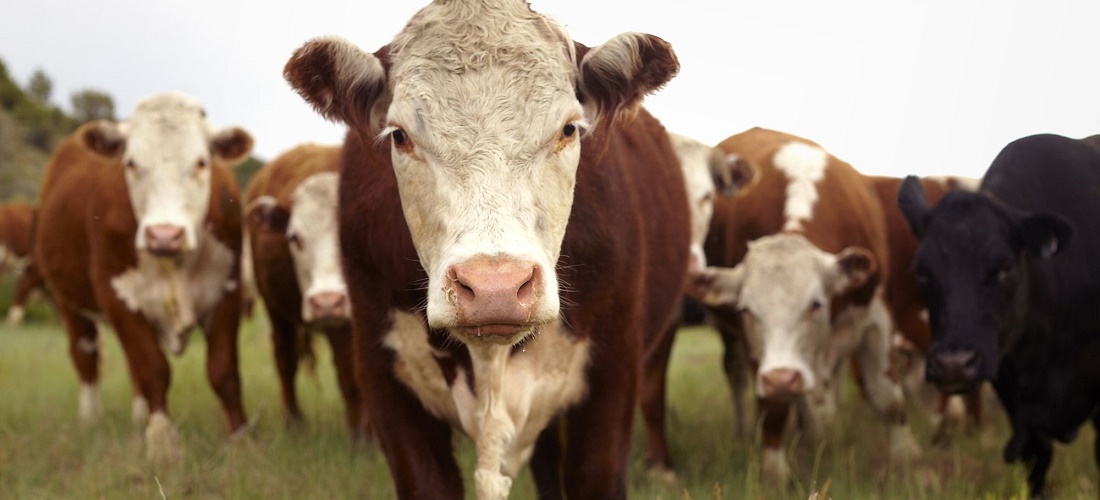
USDA: Chinese beef imports to drop 19.4% in 2023
Sep, 09, 2022 Posted by Gabriel MalheirosWeek 202236
Economic hardships, combined with the government’s determination to keep its zero-tolerance policy for Covid-19, are likely to bring Chinese beef imports down by 19.4% in 2023, according to a report by USDA released on September 8th. According to the organization, domestic beef consumption in the country is likely to fall by 3% next year to 9.9 million tonnes, bringing import levels to 2.5 million tonnes, down from 3.1 million tonnes this year.
The report assesses that “beef is considered a luxury product by consumers and, thus, consumption is expected to be more impacted by economic prospects than the price itself.” As a result, beef consumption in the domestic market should remain heated, supported by a 4% increase in local output, estimated at 7.4 million tonnes. However, consumption in hotels and restaurants, the primary destination for high-end cuts, should be impacted by the country’s Covid-19 restrictions.
Considering the profile of Brazilian beef exports to China, concentrated in forequarters used precisely in preparing industrialized products and other popular dishes, the market assesses that the drop in Chinese imports will not affect Brazilian shipments, which are currently at record levels.
According to the latest market balance report released by the Brazilian meatpackers association (Abrafrigo), beef exports from Brazil to China from January to August reached 786,872 tonnes, a result 31% higher than that observed in the same period last year, with a revenue 69.7% higher, at US$ 5.32 billion. The numbers represent 51.8% of total Brazilian exports and 60.3% of the revenue generated in this period.
“Brazil is in a somewhat comfortable position in comparison to its competitors. The United States, for example, is in the process of reducing its herd size; Australia is in the process of recomposing its beef industry; the European Union is contracting, whereas Argentina and Uruguay lack the productive capacity that Brazil has. So, even if China cuts beef purchases, Brazil remains its best option for importing this protein. We saw a reduction in Chinese imports from other countries this year, but imports from Brasil kept rising,” argues Safras & Mercado analyst Fernando Iglesias.
The outlook for Brazilian beef companies such as JBS, Marfrig, and Minerva, on the other hand, is less promising. With Brazil’s per capita consumption at its lowest in more than two decades, reflecting the population’s loss of purchasing power, these corporations have only been able to achieve good results due to their activities in North America and other South American countries. According to the USDA, these are the locations that the projected decline in Chinese imports will most impact.
“While China’s reduced purchases impact the operations of these large meatpackers in these markets, we must also realize that these markets have a strong domestic market.” “The United States is a meat-eating machine,” Iglesias observes.
In this context, import costs have risen due to inspection measures and Covid-19 detection in refrigerated cargo at Chinese ports, as well as the suspension of export licenses of meatpacking units in various countries (including Brazil) and an increase in local supplies in the first half of this year.
According to the USDA, there are signs that some importers may sell part of the volume acquired in 2022, albeit at values below the acquisition cost, to avoid expenses with storage and refrigeration after a 37% rise in import prices in the first semester of this year.
Source: Globo Rural
To read the full original article, please go to: https://globorural.globo.com/Noticias/Criacao/Boi/noticia/2022/09/china-deve-importar-194-menos-carne-bovina-em-2023-preveem-eua.html
-
Meat
Aug, 10, 2022
0
South Africa stops charging anti-dumping tariffs on Brazilian chicken
-
Ports and Terminals
Jan, 24, 2025
0
PortosRio presents historic results to Ministry of Ports and Airports
-
Trade Regulations
Oct, 21, 2020
0
Brazilian agribusiness exports to China rising steadily
-
Mar, 04, 2024
0
Brado introduces new Goiás-centered commercial route at Intermodal 2024

